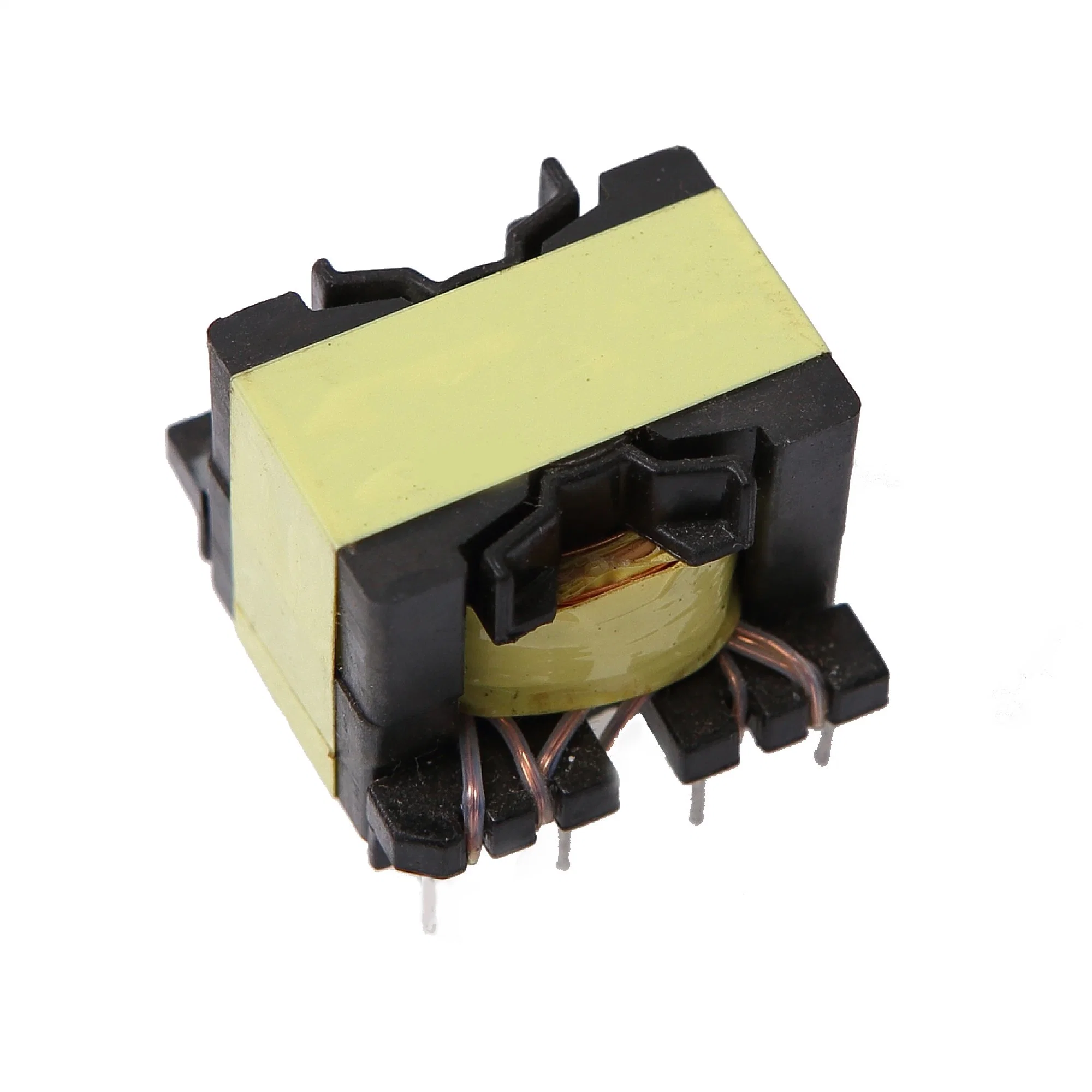
Unleashing the Power: Exploring the Advantages of Current Transformers
Current transformers (CTs) play a crucial role in various industries, providing accurate measurements of electrical currents. These devices are widely used in power systems, energy management, and industrial applications. In this blog post, we will delve into the advantages of current transformers, highlighting their importance and practical benefits.
- Accurate Current Measurement:
One of the primary advantages of current transformers is their ability to provide precise and reliable current measurements. CTs are designed to transform high currents into manageable levels, allowing for accurate readings and analysis. This accuracy is vital in ensuring the safety and efficiency of electrical systems. - Enhanced Safety:
Current transformers contribute significantly to electrical safety. By isolating the measurement circuit from the high-voltage primary circuit, CTs protect personnel and equipment from potential hazards. In case of a fault or overload, the CTs detect abnormal current levels and trigger protective devices, preventing further damage or accidents. - Wide Range of Applications:
Current transformers find applications in diverse industries, including power generation, transmission, distribution, and industrial automation. They are used in energy management systems, power quality analysis, fault detection, and protective relaying. CTs are also essential in monitoring and controlling electrical consumption, enabling efficient energy usage and cost savings. - Compatibility with Measurement Devices:
Another advantage of current transformers is their compatibility with various measurement devices. CTs produce standardized output signals, such as 5A or 1A, which can be easily interfaced with meters, relays, and other monitoring equipment. This compatibility ensures seamless integration into existing systems, simplifying installation and maintenance processes. - High Reliability and Durability:
Current transformers are built to withstand harsh operating conditions and provide long-term reliability. They are designed with robust materials and insulation systems to ensure accurate performance even in extreme temperatures, humidity, and electromagnetic interference. This durability minimizes downtime and maintenance costs, making CTs a cost-effective solution. - Cost Savings:
By accurately measuring current and enabling efficient energy management, current transformers contribute to significant cost savings. CTs help identify power wastage, load imbalances, and abnormal currents, allowing for targeted corrective actions. This optimization leads to reduced energy consumption, improved equipment lifespan, and lower operational expenses.
Conclusion:
Current transformers are indispensable devices in modern electrical systems, offering a multitude of advantages. From accurate current measurement and enhanced safety to wide-ranging applications and cost savings, CTs play a vital role in ensuring efficient and reliable power management. By understanding and harnessing the advantages of current transformers, industries can optimize their operations, improve safety, and achieve sustainable energy usage.


Average Rating